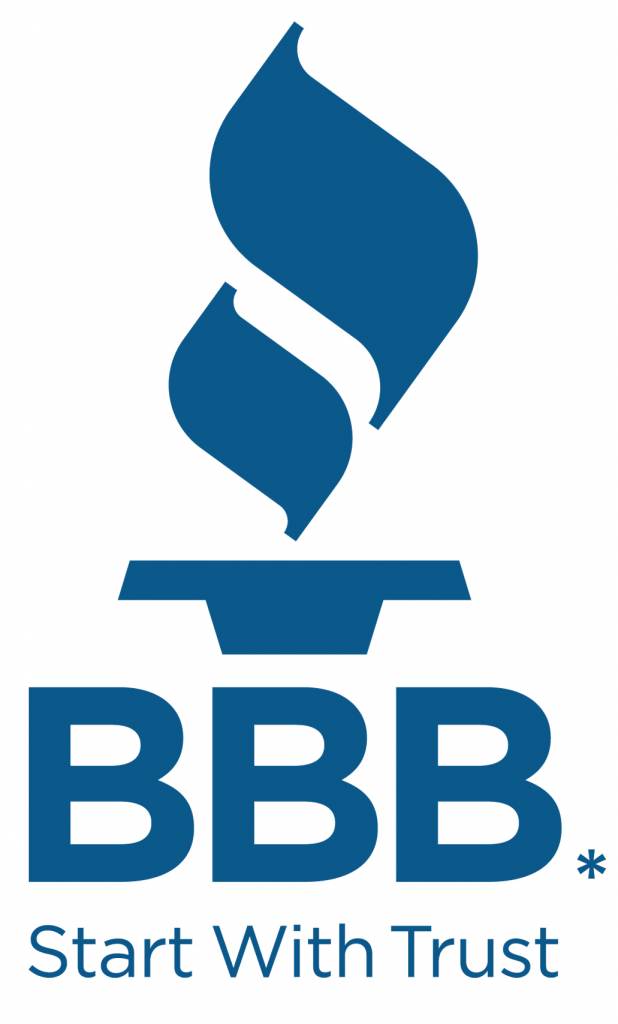Fake Cheque Scams
While consumers may write fewer cheques in this era of electronic financial transactions, fake cheques are used in a variety of frauds, from employment scams to prize and sweepstakes fraud. In all cases, victims deposit the cheque and send money back to scammers. BBB warns consumers to be on guard against these serious and pervasive frauds and their perpetrators.
Scammers often succeed because consumers don’t realize that:
- Crediting a bank account does not mean the cashed cheque is valid. Federal banking rules require that when someone deposits a cheque into an account, the bank must make the funds available right away—within a day or two. Even when a cheque is credited to an account, it does not mean the cheque is good. A week or so later, if the cheque bounces, the bank will want the money back. Consumers, not the fraudsters, will be on the hook for the funds.
- Cashier’s cheques and postal money orders can be forged. A cashier’s cheque is a cheque guaranteed by a bank, drawn on the bank’s own funds and signed by a cashier. If a person deposits a cashier’s cheque, the person’s bank must credit the account by the next day. The same holds true for postal money orders. Scammers use cashier’s cheques and postal money orders because many people don’t realize they can be forged.
BBB offers the following tips to avoid being taken by check scams:
- Check with BBB if something seems suspicious.
- Verify that cheques received in the mail are real. Anytime someone receives an unexpected check in the mail, they need to verify that it is from a valid bank account and was actually sent by the business.
- If you’re dealing with someone who requires you to wire or send money immediately after depositing a cheque, without waiting for the cheque to clear, this is a red flag that you are being scammed.
- If you receive an unexpected job opportunity from a site like Craigslist, be sure to cheque the actual company website to verify the position actually exists and the business is hiring to fill the slot. If the job is not listed on their site, it’s very likely a scam.
- Beware of jobs from individuals looking for assistants, nannies, maids and so on from other parts of Canada or other nations that mail cheques and ask for them to be deposited and a portion returned or forwarded to someone else. This is nearly always a rip-off.
- Protect personal information. Job seekers should never provide their social insurance number until they have verified the position is legitimate. Additionally, job seekers should never provide bank account information for direct deposit setup until they have officially been hired.
For more tips you can trust, visit bbb.org.











